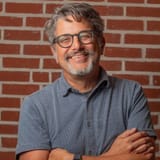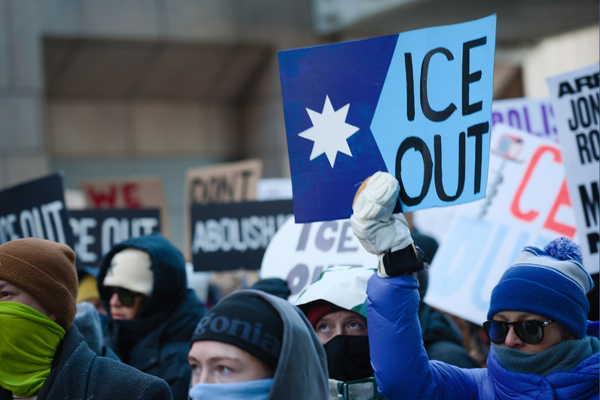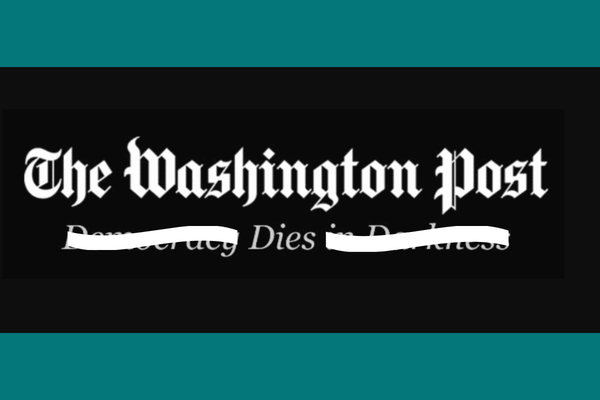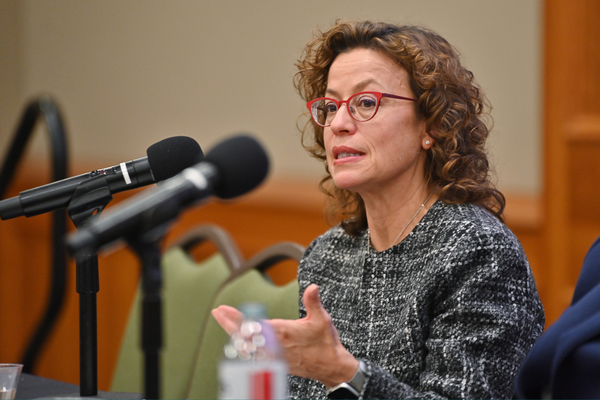When the Government Doesn't Want You Reporting on ICE
A conversation with Chicago Tribune reporter Laura Rodríguez Presa about covering ‘Operation Midway Blitz’ and staying rooted in community
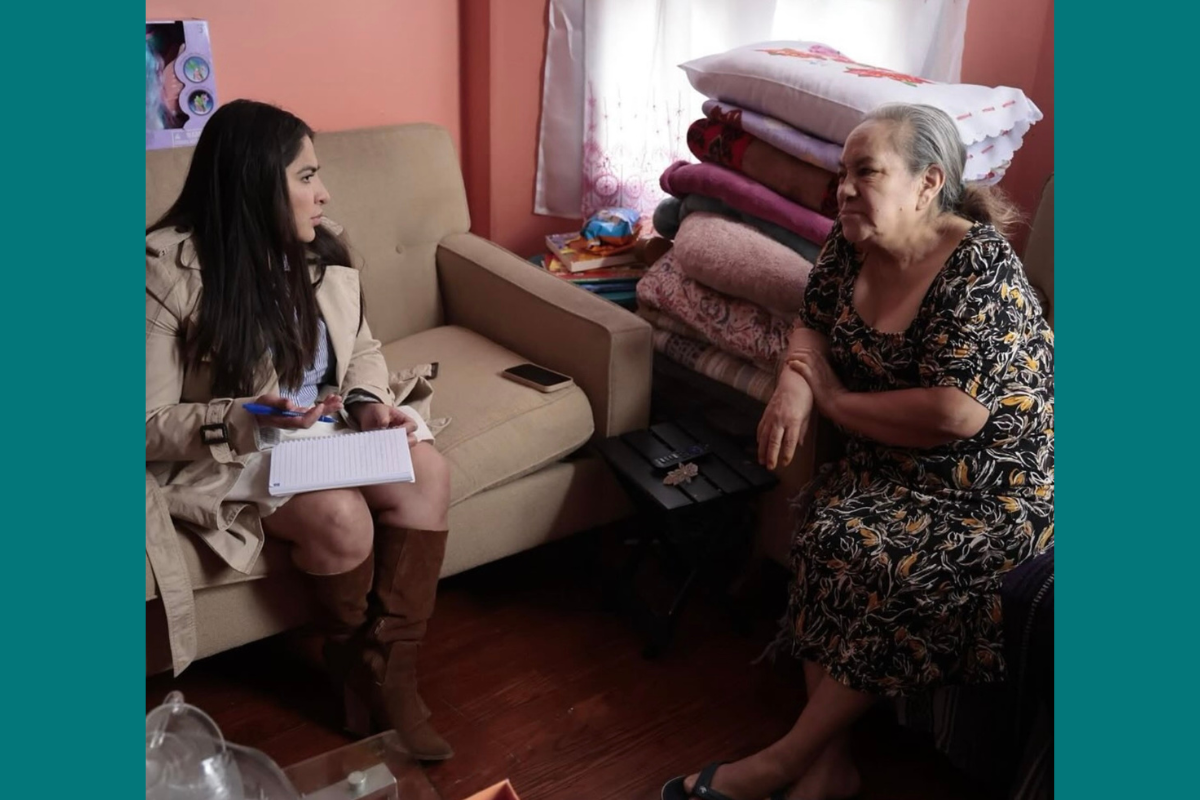
I’m in Chicago this week, and it’s brought me back to my early days of covering immigration for Latino Rebels in 2011, when I learned how federal agencies would do anything to try and twist what the public sees daily. I’ve always followed the journalists who are doing the work, and in this city right now, that includes Chicago Tribune reporter Laura Rodríguez Presa.
Just like any journalist who chronicles the voices of her communities, Rodríguez Presa has been clear about what drives her. She carries her name with pride, that she came to Chicago from the Mexican state of Guanajuato at age 10 without speaking English — choosing journalism because the media either ignored or distorted the stories she grew up with.
“In high school, I decided to become a journalist after realizing that the media rarely reflected the truth I knew,” she posted earlier this year. “Stories of resilience, love and sacrifice — the ones lived every day in immigrant communities — were being overlooked or distorted, replaced by harmful narratives focused on crime and fear.”
During what the Trump administration has called “Operation Midway Blitz,” the Department of Homeland Security (DHS) has even called out Rodríguez Presa’s reporting on social media — a move meant to intimidate and silence her. But she continues to bring her whole self into every piece she files — and in how she stays connected to people who send her tips, videos and worries about what they’re seeing.
That’s why I asked Rodríguez Presa about what she’s witnessing in Chicago right now — and what it takes to keep reporting. Here’s our conversation.
Julio Ricardo Varela: How is the mood in the city?
Laura Rodríguez Presa: There’s a lot of fear right now, especially in neighborhoods with Latinos and mixed–status families. You can feel the tension in everyday places: schools, grocery stores, even on the buses. People are anxious, looking over their shoulders but also determined to keep going. At the same time, there’s a sense of solidarity building. Churches, mutual-aid groups and community organizers are mobilizing quickly. It’s a mix of fear and resilience.
JRV: I’ve noticed that your reporting has been criticized by the federal government on social media, particularly from DHS accounts. As a reporter, how do you respond to them? How is that impacting your work?
LRP: It’s disturbing, honestly. When a government agency publicly targets your reporting, it’s not just about disagreeing with your work, it’s about trying to intimidate you and send a message to others. But my job isn’t to make the government comfortable. My job is to tell the truth and to give voice to the people who are being silenced or dehumanized. I’m careful, I fact check everything twice and I keep doing my work. If anything, their response just shows that our reporting is exposing something real.
JRV: How are you and your journalist colleagues holding up during your coverage?
LRP: We’re tired. There’s no way around that. Covering enforcement operations means long days, difficult interviews, and sometimes witnessing trauma up close. But we rely on each other. There’s a quiet kind of strength in this community of reporters who believe deeply in accountability and compassion. We check in, we share resources and we remind each other why this work matters.
JRV: Do you think your readers still trust the work you are doing? What drives you to do the work each day?
LRP: I do think readers trust us, maybe more than ever. They see that we’re on the ground, that we’re not chasing clickbait or repeating official statements. They see us standing in the cold outside a detention center, talking to families who are scared and waiting for answers. What drives me is knowing that, for many of these families, our reporting is the only record of what’s happening to them. Journalism, for me, is a form of witness — and when power goes unchecked, we have a duty to document that.
JRV: For those following your work outside of Chicago, what should people know that’s being under-reported and deserves more attention?
LRP: People outside the city often don’t see how deeply enforcement seeps into everyday life — it’s not just about raids or arrests. It’s people cooperating with agents, it’s surveillance at schools, it’s the quiet erosion of trust in institutions. What’s underreported is the human cost — how kids are coping, how communities are organizing, how people are resisting with hope. These stories are happening in plain sight but they’re often overshadowed by political headlines. That’s what I want to keep bringing forward, the human reality behind the policies.
Talking with Rodríguez Presa reminded me how much this moment depends on journalists who stay rooted in the community, rather than repeating whatever the government puts out. Chicago residents have been loud about what’s happening here, and her reporting embraces that energy. Rodríguez Presa is focused on the daily realities here, where federal agents fire shots into communities, go into daycare centers and separate families. That’s where the story needs to be. The work she’s doing deserves attention because it challenges the official version and keeps the focus on people who are rarely heard.
We need more journalists working this way, especially Latino and Latina reporters who understand these communities and don’t treat them like mere assignments. It matters who tells these stories and how they tell them. Communities also have their truths, and Rodríguez Presa is ensuring that those more important truths never vanish.
Updates and highlights curated by the Pressing Issues team
Teamwork
This week, the Free Press team participated in two events focused on defending free speech and speaking out against media consolidation. On Nov. 13, acclaimed actor and activist Jane Fonda hosted the Committee for the First Amendment’s third meeting, which included a training session with Free Press Co-CEO Jessica J. González and FCC Commissioner Anna Gomez.
Last night, Gomez and González were in Camden, New Jersey, for the 20th stop on the commissioner’s nationwide First Amendment tour. They gathered with local leaders for an event Free Press hosted at Rutgers University Law School.
The kicker
“I want you to understand what it is to love Chicago. To see your neighbors make the heartbreaking choice between showing up for work or staying safe. To march two miles long, calling out: ‘This is what Chicago sounds like!’ To see your representatives put their bodies on the line and their voices in the fight. To form patrols to walk kids safely to school. To join rapid-response networks to document and alert your neighbors to immigration attacks. For mutual-aid networks to deliver groceries and buy out street vendors so they can go home safe. To see your local journalists take the federal government to court. To talk to neighbor after neighbor, friend after friend, and hear yes, yes, it’s all hands on deck.” — Kyle Kingsbury, I Want You to Understand Chicago (h/t Bill Grueskin of Columbia Journalism Review)
About the author
Julio Ricardo Varela is the senior producer and strategist at Free Press. He is also a working journalist, columnist and nonprofit-media leader. He is a massive Red Sox, Knicks and Arsenal fan (what a combo). Follow him on Bluesky.
